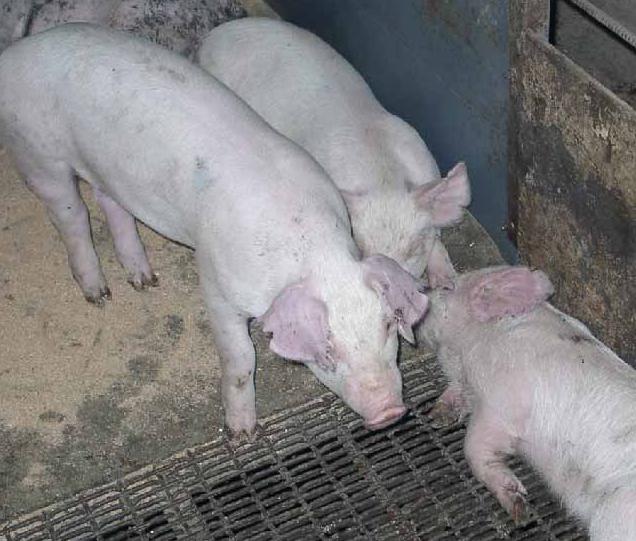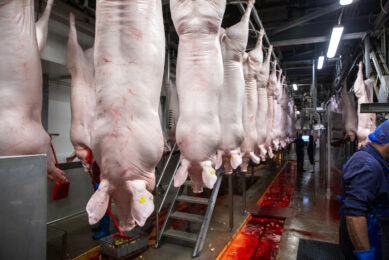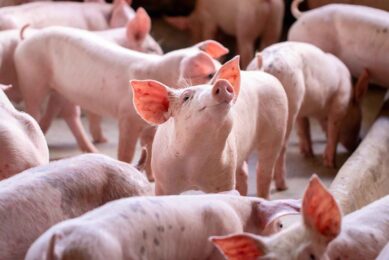US researchers develop new PMWS vaccine

Researchers from Kansas State University’s College of Veterinary Medicine have completed a study showing that a newly-developed vaccine is effective against a PMWS that is affecting swine herds in Kansas.
The disease, most widely known as porcine circovirus associated disease, was first recognized in Kansas swine herds in November 2005. The disease complex is an immunosuppressive condition associated with porcine circovirus type 2 or PCV2.
Field trials
The researchers began a field trial in summer 2006, testing a vaccine in commercial development. The field trial, directed by Dritz and Horlen, was conducted on a family-owned swine farm in northeast Kansas and concluded in January with promising results. The study showed a 50% reduction in mortality of vaccinated pigs compared to non-vaccinated pigs. Mortality was 7% for vaccinated pigs compared to 17% for non-vaccinated pigs. Vaccinated pigs also experienced an increase in growth. On average, they were 20 pounds heavier than non-vaccinated pigs of the same age.
“Results from this study suggest that the tested vaccine is effective in controlling the PCV2 associated disease in pigs,” said Rowland, a virologist and associate professor of diagnostic medicine and pathobiology. The researchers recommend producers who suspect their pigs are experiencing a porcine circovirus type 2 associated disease outbreak contact their veterinarian to confirm the diagnosis and then acquire the vaccine, which is now available commercially.
“We want to make it clear to swine producers that this vaccine licensed by the U.S. Department of Agriculture’s Center for Veterinary Biologics is safe and effective,” Rowland said.
Widespread disease
Disease associated with porcine circovirus type 2 was first identified in Canada a decade ago and later appeared in Europe. It has become widespread and is in most pork producing areas of the United States. Reports from other countries confirm that it is also becoming prevalent throughout the world.











